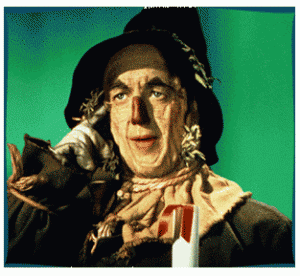Shared by JohnH
Probably it was more surprising that NNT became as public as he did. I’ll miss him in the public eye, but it’s a small price to pay if it means the next book gets here sooner.
What I am seeing and hearing on the news — the reappointment of Bernanke — is too hard for me to bear. I cannot believe that we, in the 21st century, can accept living in such a society. I am not blaming Bernanke (he doesn’t even know he doesn’t understand how things work or that the tools he uses are not empirical); it is the Senators appointing him who are totally irresponsible — as if we promoted every doctor who caused malpractice. The world has never, never been as fragile. Economics make homeopath and alternative healers look empirical and scientific.
No news, no press, no Davos, no suit-and-tie fraudsters, no fools. I need to withdraw as immediately as possible into the Platonic quiet of my library, work on my next book, find solace in science and philosophy, and mull the next step. I will also structure trades with my Universa friends to bet on the next mistake by Bernanke, Summers, and Geithner. I will only (briefly) emerge from my hiatus when the publishers force me to do so upon the publication of the paperback edition of The Black Swan
Bye,
Nassim
